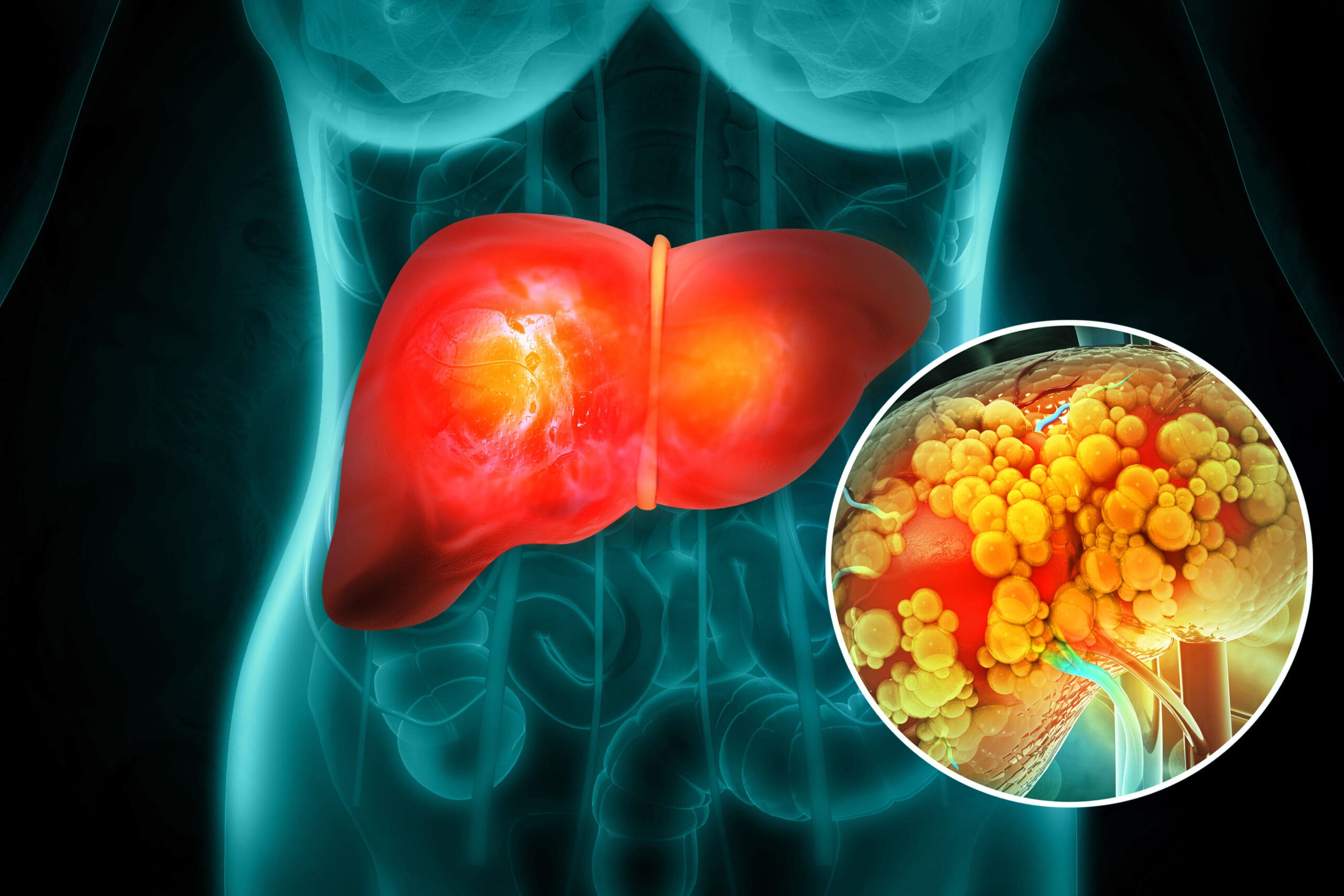Simple Ways to Improve Your Indoor Air Quality
When you hear the word pollution, outdoor air quality probably comes to mind. But the quality of the air we breathe inside our homes, offices and other indoor spaces is just as important, especially when a large majority of us would spend most of our time indoors.
Indoor air pollution can be caused by many different sources, and can contribute to many health problems such as cancers, respiratory illnesses, and many allergic reactions. Sources include: home heating, tobacco products, damp carpet or building materials, household cleaning products, personal care products, pesticides, outgassing and volatile organic compounds by floors, walls, carpets and furniture.
This list may seem overwhelming as indoor air pollution is everywhere. And it’s difficult to imagine heating and cleaning your home without using the typical house-cleaning products. But thankfully, there is a way to deal with indoor pollution.
Here are the three proven ways to improve indoor air pollution.
- Remove the Cause
Removing the culprit would be the most effective way to reduce poor air quality, so should be attempted first.
For example, removing damp carpets or changing to bio-degradable and natural cleaning products.
Some of these adjustments will be easy and uncostly, while others might take up more time and be rather pricey. Overall though, removing the source is a good solution.
- Remember to Ventilate
It is important to get into the habit of opening windows throughout the day to allow household air to exchange with outside air. This will lower the amount of pollutants in the home, and is especially important when doing things like, painting, varnishing or even cooking.
By opening windows for a minimum of 15 minutes a day, this will ensure an improvement in air quality and humidity levels in your home.
- Purify the Air
The use of air cleaners, such as HEPA filters, can be a very worthwhile investment.
However, it is important to know that not all HEPA filters are created equally. Some effectively remove particles while others do not, and most filters are not made to remove gas pollutants, only particles. Hence, it is crucial to determine the source of your home’s poor air quality before buying a HEPA filter.
Another very underestimated “filter” is the indoor plant. While the research on plants’ ability to reduce gas pollutants is limited, the indications are promising. The more plants you have, the cleaner your air will be.
When choosing, be aware that some plants can be poisonous to cats, dogs, and children so this needs to be discussed beforehand. By following these simple precautions, adding plants to your home can help purify the air.
Breathe Easy
Although it can be a little horrifying to realise how common and dangerous indoor air pollution is, by taking a few simple steps, these risks can be managed. Before you know it, you and your family will be breathing better.
To deal with pollution you need to have a healthy liver. For more information, call our naturopaths on 02 4655 8855 at Cabot Health, The Healthy Liver Company.









Leave A Comment